Blood vessels in the neck known as carotid arteries are responsible for the delivery of oxygenated blood to the brain from the heart. Some health conditions of the body can affect these arteries and cause arterial blockage. It can happen because of the accumulation of plaque in the arterial walls. Another reason may be the burst of the buildup plaque, which caused a clot and blockage of these blood vessels.
Blocked arteries are a threat to the normal functioning of the brain, for it stops the blood flow to the brain. Blocked blood vessels in the neck could therefore be the reason for the heart attack or stroke.
Symptoms of Clogged Arteries
First symptoms of blocked blood vessels in the artery walls may not be seen until there is a complete blockage.
Patients with partially unclogged arteries may experience no symptoms at all (doctors refer to these patients as asymptomatic). It usually happens in the early stages of the disease, when the body can still function relatively normally.
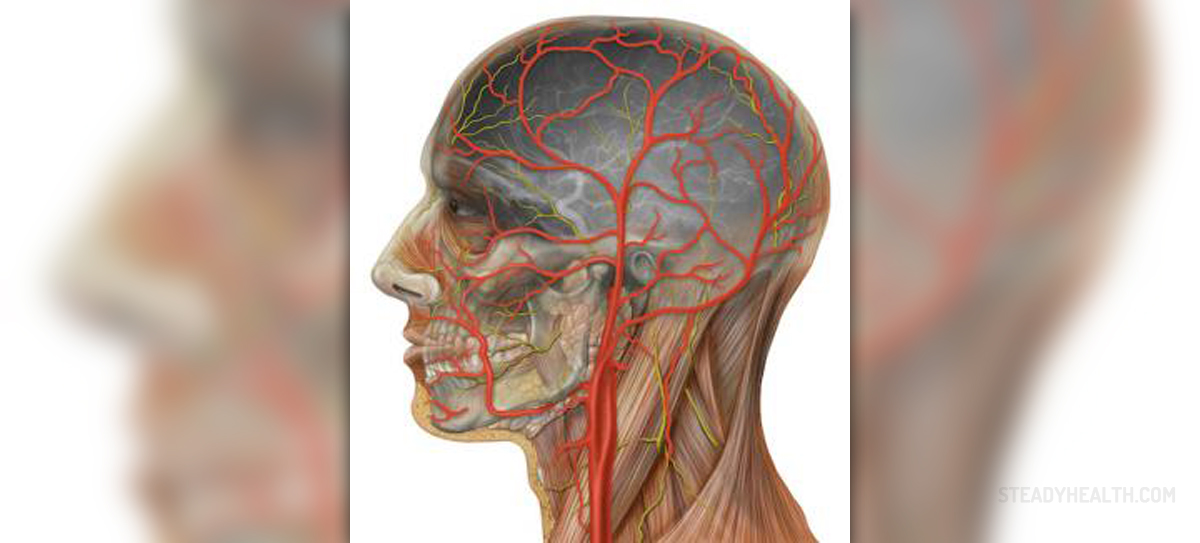
Progressed stages of blocked arteries in the neck are associated with the symptoms of a ministroke. These symptoms are also known as transient ischemic attack symptoms, which suggest that your brain stays without the proper amount of oxygens sometimes, but only temporarily.
This condition is marked by the weakness of the body, vision difficulties, and speaking problems. Some patients may also experience a tingling sensation. In most cases, these symptoms last for some time (from a few seconds to several hours) and they don’t cause much damage to your brain.
Ministroke symptoms are usually not taken seriously, although they should be. Always consult your doctor if you notice any of these symptoms since you might prevent the potential damage to your brain.
Totally clogged arteries obstruct the blood flow to the brain and can cause brain cell death and lead to stroke. Patients could experience various stroke symptoms: vision problems, weakness of the facial muscles, different speech problems, dizziness, balance, and coordination problems, motion inability, etc. The most serious consequences of a stroke are definitely brain damage and death.
- Carotid artery blockage often has no symptoms and is unknown to the patient and doctor until it disrupts blood flow to the brain. Once an area of the brain is deprived of blood, it stops functioning. The symptoms you may experience depend on the location of the blocked brain blood vessel.
- Your doctor can find a blockage in the carotid artery by listening with a stethoscope to the blood flow in your neck. A narrowing in the artery creates a characteristic “swooshing” sound called a bruit. When a bruit is heard or when your doctor suspects a carotid artery blockage because of the symptoms that you describe, he or she will order an imaging test to determine whether a blockage is present. The most frequently ordered test is an ultrasound of the carotid arteries.
- The best treatment for carotid artery narrowing is the prevention of progression. You should talk with your doctor to find out if you have medical conditions or lifestyle habits that put you at risk for developing and worsening carotid artery blockages. If you are at risk or if your doctor finds a narrowing in the carotid artery, he or she will discuss with you several ways to keep the blockage from becoming more severe.
Clogged Arteries Treatment
Blocked arteries in the neck could be treated with medications or surgery. The surgical procedure is also known as carotid endarterectomy and includes the elimination of plaque from the arteries.
This is not a complicated surgery, although it has the same risks as any other surgical procedure under general anesthesia. Patients are usually down for 30 minutes, and the procedure requires staying in the hospital for a couple of days.
- medlineplus.gov/ency/article/002951.htm
- www.nhs.uk/conditions/carotid-endarterectomy/
- Photo courtesy of Patrick J. Lynch by Flickr: www.flickr.com/photos/7443304@N07/450142019


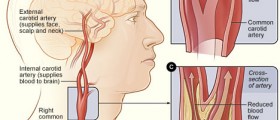


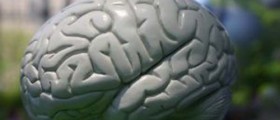
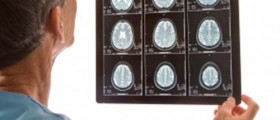
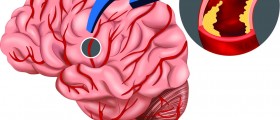




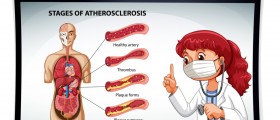

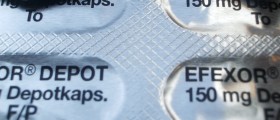
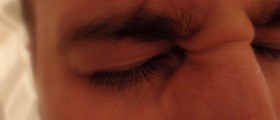

Your thoughts on this
Loading...